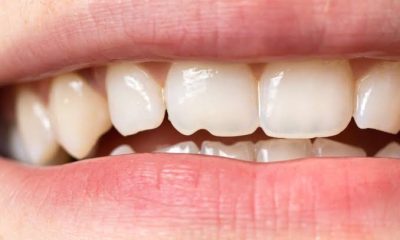

First Things First: Don’t Panic A chipped tooth can be scary, but it’s often not an emergency. Acting quickly and correctly can prevent further damage and...


The Importance of Routine Visits Many people wait until something hurts before seeing a dentist. But regular dental checkups—ideally every six months—are crucial for catching problems...


What Is Mouthwash? Mouthwash are liquid oral rinse designed to reduce bacteria, freshen breath, and support overall dental hygiene. It’s not a substitute for brushing and...
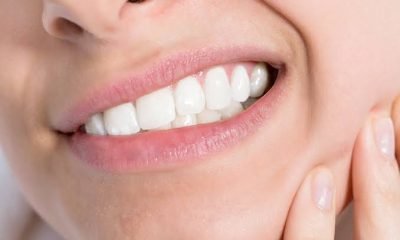

That Sudden Twinge of Pain Do your teeth hurt when you eat ice cream or sip hot tea? Teeth sensitivity is a common issue that can...
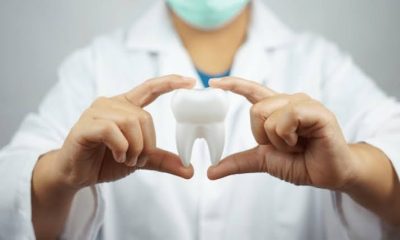

Your Tongue Tells a Story While we often focus on teeth and gums, the tongue is also an important indicator of oral and overall health. Changes...
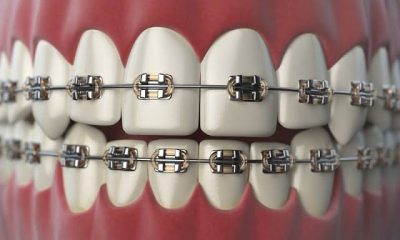

Beyond Cosmetic Benefits Braces are often seen as a way to straighten teeth for a more attractive smile. But their benefits go far beyond appearances. Brace...
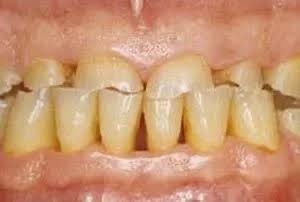

A Habit That Harms Your Smile Smoking doesn’t just impact your lungs and heart—it severely affects your teeth and gums. If you smoke, you’re at a...
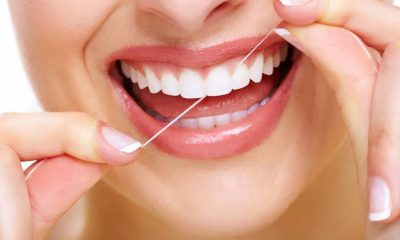

Nature’s Way to a Brighter Smile While professional whitening treatments are effective, some everyday foods can help keep your teeth bright naturally. These foods clean your...
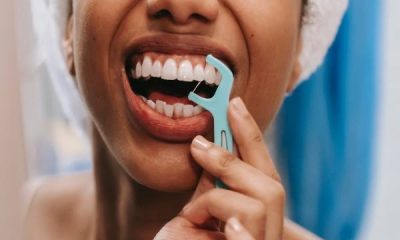

Flossing Reaches Where Brushing Can’t Brushing your teeth cleans about 60% of the tooth surface. The remaining 40%—especially the tight spaces between teeth—can only be cleaned...
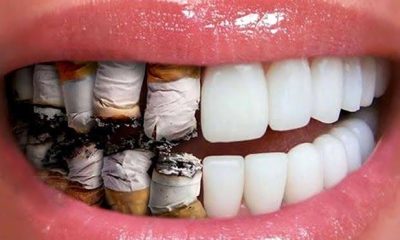

Stains and Discoloration One of the most visible effects of smoking is yellow or brown-stained teeth. The nicotine and tar in tobacco cling to enamel, leaving...